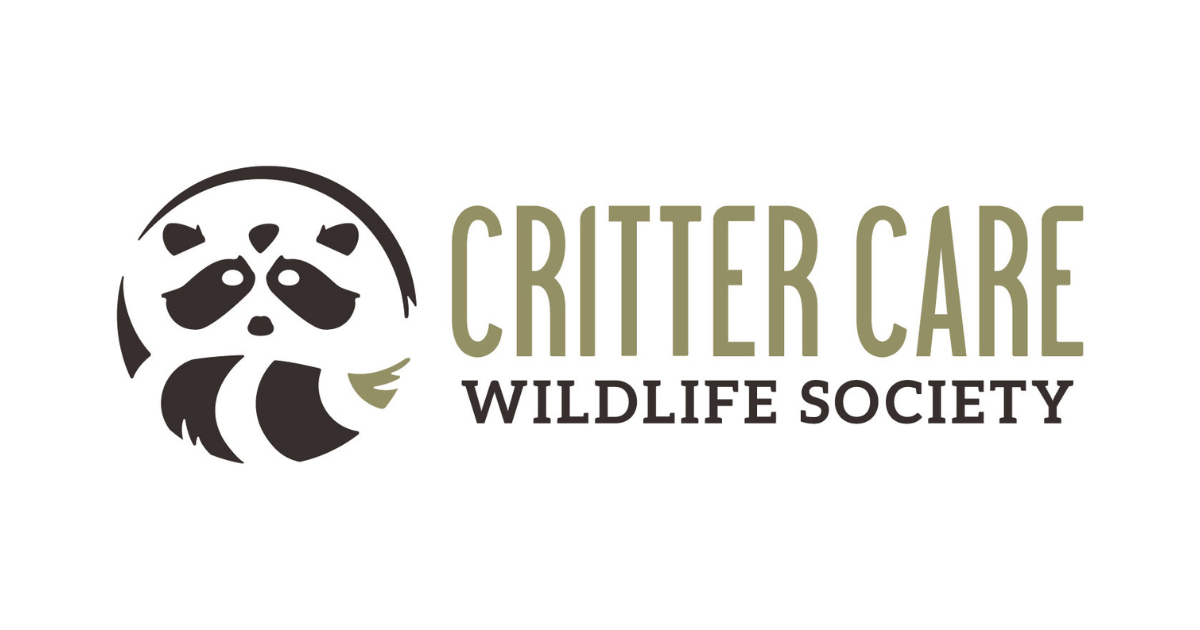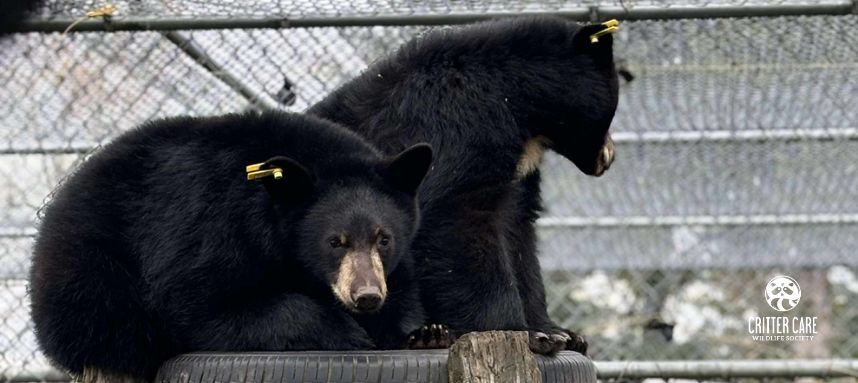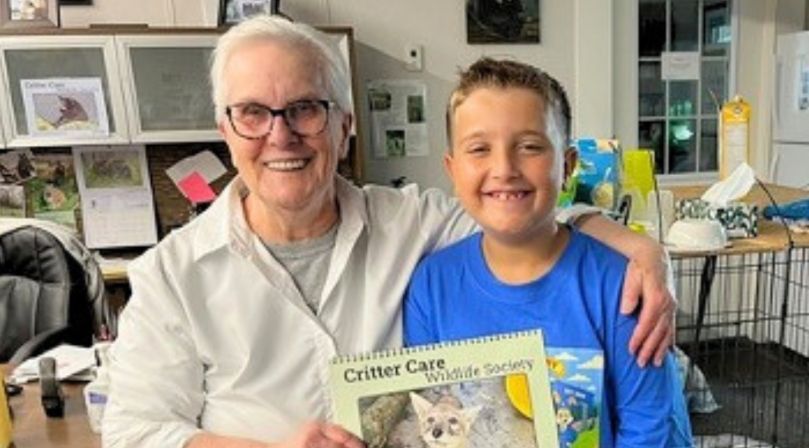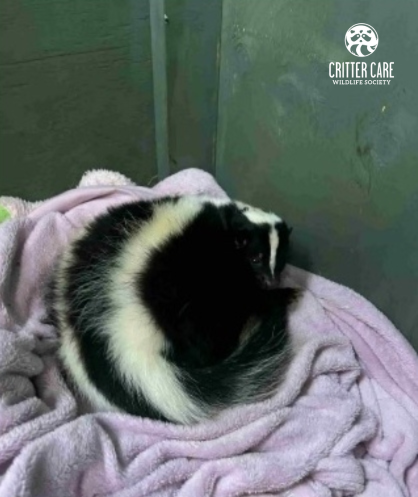Containing an injured bird
- Use a cardboard box large enough for the bird. For songbirds a shoe box will work well
- Be sure to poke holes in the box
- To calm the bird down, quickly place a sheet, towel, or t-shirt over top the bird, be sure to cover its head
- Scoop the bird up gently, then place it into the box and loosen the towel to uncover the bird
- Close and place the box in a warm, dark and quiet place
- To keep stress at a minimum, do not check on or handle the bird
- Unless directed by Rescue staff, do not give the bird food or water
If dealing with a large bird that has a sharp pointy beak, is a bird of prey, or has
talons that are dangerous. Please call the Wildlife Helpline, as larger birds may
dangerous if approached incorrectly.
Wildlife Rescue Assosiation of BC: 640-526-7275 7 days a week, 10am-4pm
Call the SPCA Vancouver Night Emergency Officer at, 604-879-7343
(available 5pm-12am only,) if the birds situation appears to be critical.
Outside the Metro Vancouver area?
Find a list of wildlife rehabilitators in British Columbia here:
http://www.wrnbc.org/contact/find-a-local-rehabilitator/







